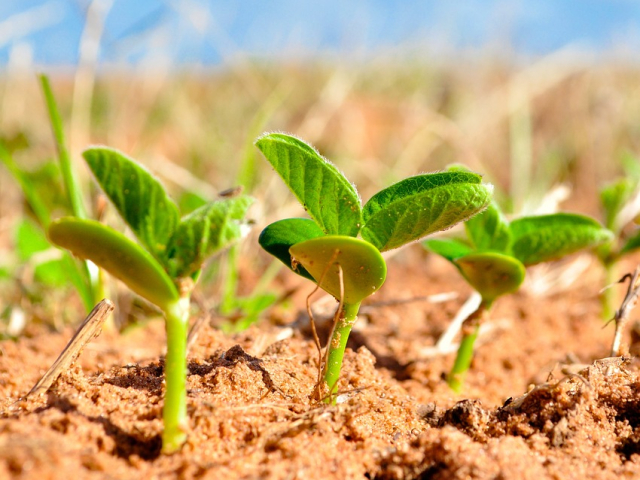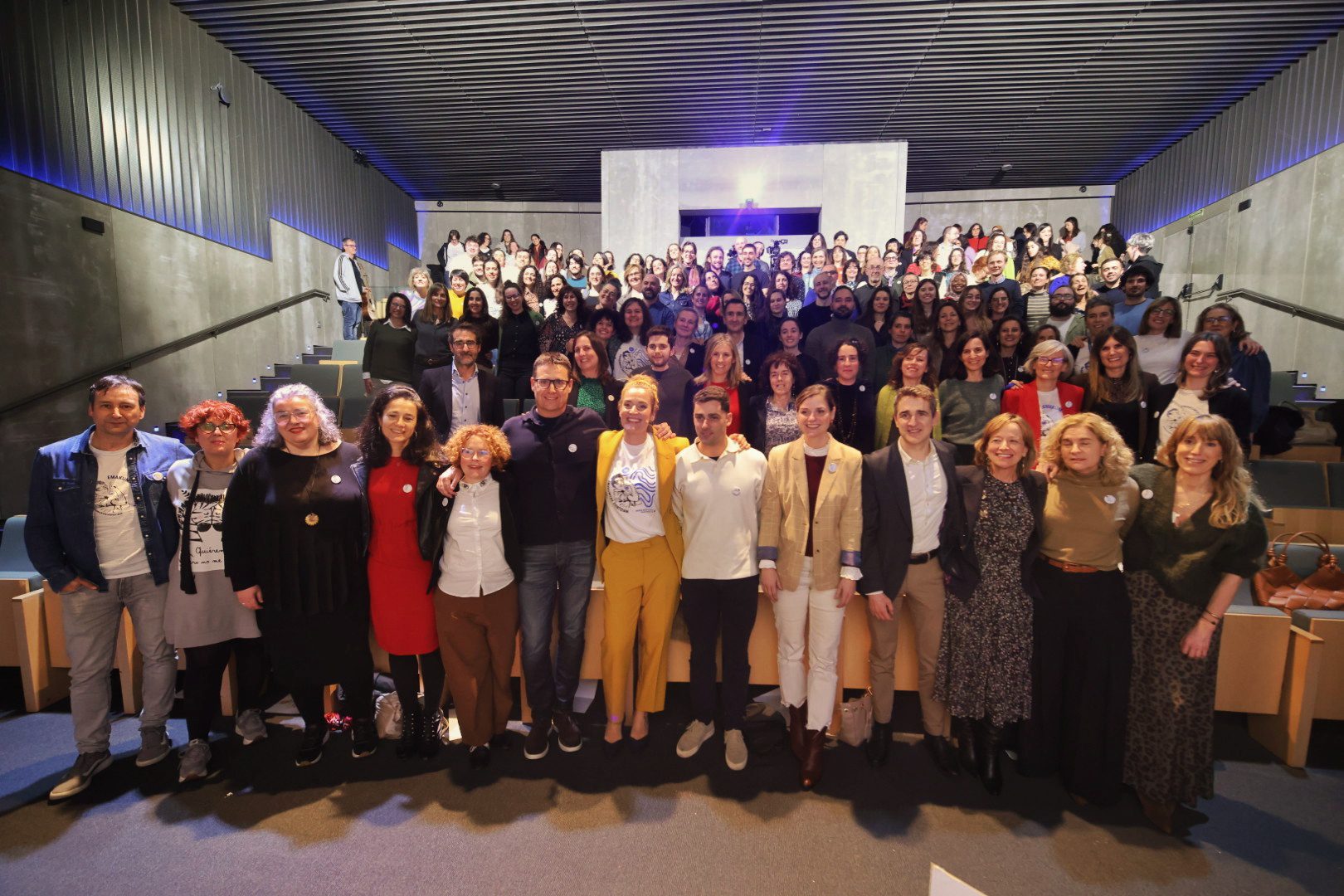NEIKER presents its latest advances in organically grown pumpkin, soya and beetroot

Organic production is healthier and responds to the demands of end consumers, who are increasingly aware of the need for more sustainable food.
 Organic farming continues to add hectares in the Basque Country. According to data from the Basque Council for Organic Agriculture and Food (Ekolurra), the surface area dedicated to organic farming is gradually increasing every year. In particular, in 2022 the figure rose to 9,104 hectares, which represents an increase of more than 15% compared to 2021, when it occupied 7,905 hectares.
Organic farming continues to add hectares in the Basque Country. According to data from the Basque Council for Organic Agriculture and Food (Ekolurra), the surface area dedicated to organic farming is gradually increasing every year. In particular, in 2022 the figure rose to 9,104 hectares, which represents an increase of more than 15% compared to 2021, when it occupied 7,905 hectares.
In this context, research into new varieties that are well adapted to organic farming is essential for organic farming to continue to expand and gain hectares. It is not for nothing that the European Union’s ‘Farm to Fork’ strategy proposes that by 2030, 25% of the European agricultural area should be cultivated organically. That is why the NEIKER technology centre, a member of the Basque Research and Technology Alliance (BRTA), has hosted its traditional visit to the plots of land at its headquarters to demonstrate once again the current and future potential of organic farming in the Basque Country.
At the event, the main players in the agricultural sector had the opportunity to see the centre’s latest experimental trials, as well as the summer crops, the results of previous seasons and proposals for future trials.
During the visit, NEIKER presented new varieties of beetroot, pumpkin and soya to transform into vegetable protein for human consumption, as well as new commercial types of wheat for the production of organic flour, such as that generated in the Lanirina project.
“With organic crops we will be able to preserve the health of the land in the Basque Country and, at the same time, we will be able to satisfy the demands of end consumers who are increasingly demanding healthier and more sustainable food”, explains Roberto Ruiz de Arcaute, researcher at NEIKER’s Plant Production and Protection department.
The day ended with a visit to the centre’s eight-hectare experimental fields. In them, tests are carried out on organic crop varieties and new phytosanitary products are researched.
This work to promote organic farming is part of the Plan for the Promotion of Organic Production (FOPE), which has been promoted by the Basque Government’s Department of Economic Development, Sustainability and the Environment since 2014 and is promoted by Ekolurra and NEIKER. The aim is to increase organic production and develop the associated processing and marketing chain.
More than 9,000 organic hectares in the Basque Country
Organic production plays a fundamental role in the 2030 agenda, as it allows food to be produced that is more respectful of the planet and, at the same time, healthier for living beings by reducing the use of chemical pesticides and fertilisers. In fact, the European Union is promoting the “Farm to Fork” strategy with the aim of encouraging this practice and ensuring that 25% of European agricultural land is devoted to this type of farming by 2030.
In the Basque Country, the increase in personnel and the efforts of producers and institutions have resulted in a progressive increase in the surface area dedicated to this practice, with 9,104 hectares in the Basque Country. Of these, 57% are in Alava, 19% in Bizkaia and 24% in Gipuzkoa.
In terms of the number of people dedicated to this type of crop, last year, the number of operators dedicated to organic production increased by 8%, from 658 to 710 people.
In terms of crops, the greatest increase was in fruit trees, with almost 3% more (from 404 to 415 hectares); vines, with almost 8% more (from 1,150 to 1,239 hectares), and in pastures, meadows, fodder and oilseeds, with 19% more (from 5,684 to 6,766 hectares).




